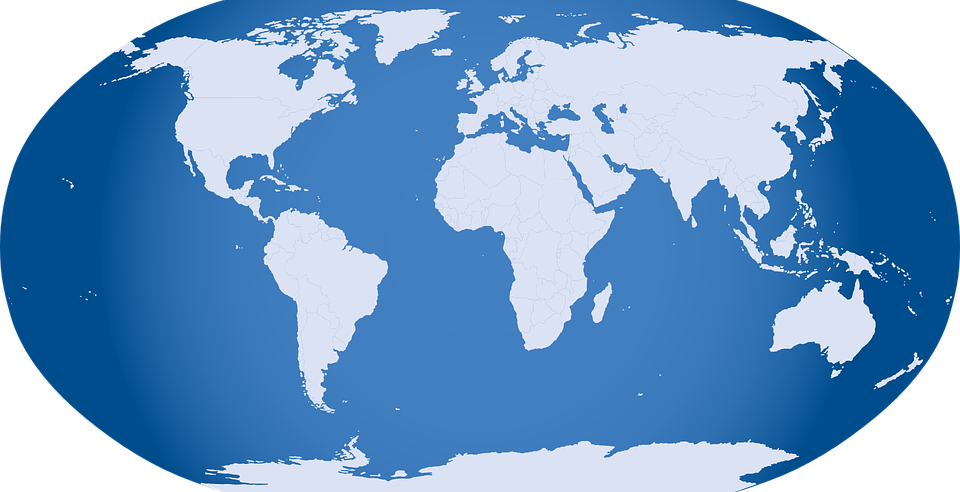Text of Executive Summary: The Russian Federation has a highly centralized, authoritarian political system dominated by President Vladimir Putin. The bicameral Federal Assembly consists of a directly elected lower house (State Duma) and an appointed upper house (Federation Council), both of which lack independence from the executive. The 2018 presidential election and the September 19 State Duma elections were marked by accusations of government interference and manipulation of the electoral process, including the exclusion of meaningful opposition candidates.
The Ministry of Internal Affairs, Federal Security Service, Investigative Committee, Office of the Prosecutor General, and National Guard are responsible for law enforcement. The Federal Security Service is responsible for state security, counterintelligence, and counterterrorism, as well as for fighting organized crime and corruption. The national police force, under the Ministry of Internal Affairs, is responsible for combating all crime. The National Guard assists the Federal Security Service’s Border Guard Service in securing borders, administers gun control, combats terrorism and organized crime, protects public order, and guards important state facilities. The National Guard also participates in armed defense of the country’s territory in coordination with Ministry of Defense forces. Except in rare cases, security forces generally report to civilian authorities. National-level civilian authorities maintained, at best, limited control over security forces in the Republic of Chechnya, which are accountable only to the head of Chechnya, Ramzan Kadyrov. There were credible reports that members of the Russian security forces committed numerous human rights abuses.
The country’s occupation and purported annexation of Ukraine’s Crimean Peninsula continued to affect the human rights situation there significantly and negatively. The Russian government continued to arm, train, lead, and fight alongside Russia-led separatist forces in eastern Ukraine. Authorities also conducted politically motivated arrests, detentions, and trials of Ukrainian citizens in Russia, many of whom claimed to have been tortured (see Country Reports on Human Rights Practices for Ukraine). Significant human rights issues included credible reports of: extrajudicial killings and attempted extrajudicial killings, including of lesbian, gay, bisexual, transgender, queer, and intersex persons in Chechnya by local government authorities; enforced disappearances by or on behalf of government authorities; pervasive torture by government law enforcement officers that sometimes resulted in death and occasionally involved sexual violence or punitive psychiatric incarceration; harsh and life-threatening conditions in prisons; arbitrary arrest and detention; political and religious prisoners and detainees; politically motivated reprisals against individuals located outside the country; severe arbitrary interference with privacy; severe suppression of freedom of expression and media, including violence against journalists and the use of “antiextremism” and other laws to prosecute peaceful dissent and religious minorities; severe restrictions on internet freedom; severe suppression of the freedom of peaceful assembly; severe suppression of freedom of association, including overly restrictive laws on “foreign agents” and “undesirable foreign organizations”; severe restrictions of religious freedom; refoulement of refugees; inability of citizens to change their government peacefully through free and fair elections; severe limits on participation in the political process, including restrictions on opposition candidates’ ability to seek public office and conduct political campaigns, and on the ability of civil society to monitor election processes; widespread corruption at all levels and in all branches of government; serious government restrictions on and harassment of domestic and international human rights organizations; lack of investigation of and accountability for gender-based violence and violence against women; trafficking in persons; crimes involving violence or threats of violence targeting persons with disabilities, members of ethnic and religious minorities, and lesbian, gay, bisexual, transgender, intersex, and queer person
